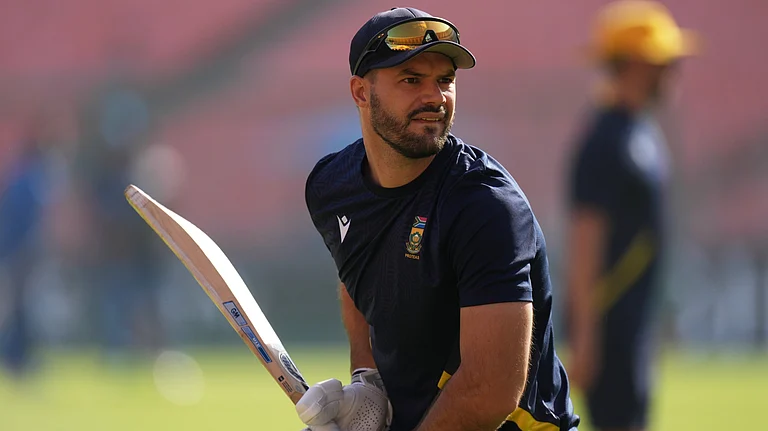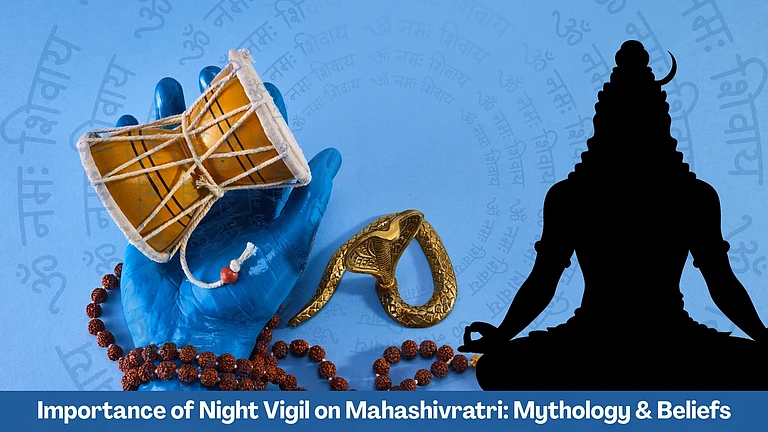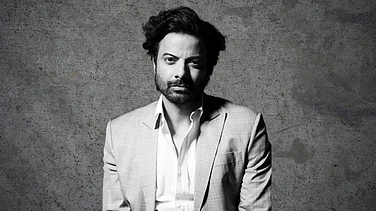Rapper Post Malone got the much-needed respite as his 'Circles' songwriting lawsuit was settled minutes before trial.
The 27-year-old star, his producer Frank Dukes, and Universal Music Group were sued by Tyler Armes in April 2020, who was seeking royalties and other money owed from the 2019 hit as well as asking for co-writer and co-producer credits on the song, reports 'Female First UK'.
On the same day, the 'Rockstar' hitmaker filed a lawsuit of his own to ask a judge to rule the man had no claim to the song's copyright and was not involved in writing it. However, just moments before Post was due to testify as part of a four-day trial, an agreement was reached.
No details on the settlement were offered to 'The Hollywood Reporter' on request.
In a court filing, Post -- whose real name is Austin Post -- had insisted Tyler didn't contribute anything "original" to the song, just "an admittedly extremely commonplace guitar chord progression," and potentially a "fragment of a guitar melody that Armes claims he sung to Post".
'Female First UK' further states that documents obtained by 'Rolling Stone' magazine read: "Armes admitted that his contributions did not even rise to the level of originality, which is also required in addition to the fixation requirement. He either conceded that his ideas were commonplace musical devices or failed to meet his burden to demonstrate any originality otherwise."
It said: "Armes thus cannot even establish the threshold requirement that he made a copyrightable contribution. Armes does not have a shred of affirmative evidence with which to meet his burden of proof that his alleged contribution to the guitar melody is original."
Post asked for Armes' lawsuit to be dismissed and for the judge to conclude the writer is "not a joint author" of the track.


























